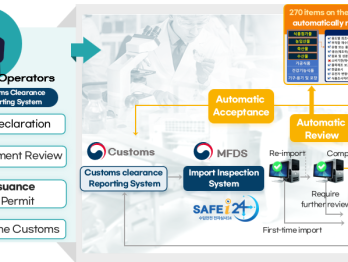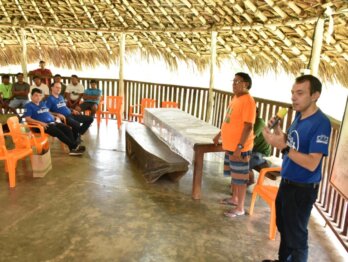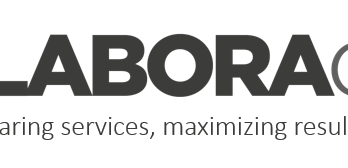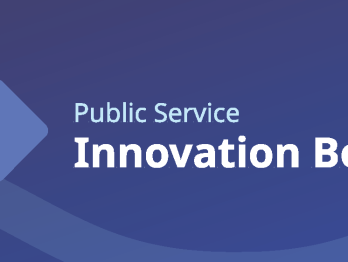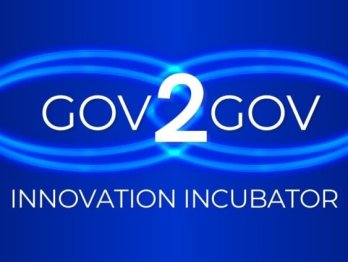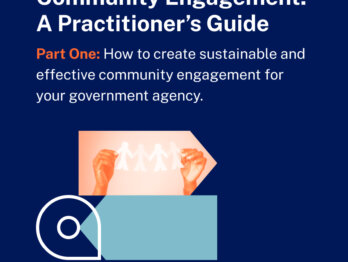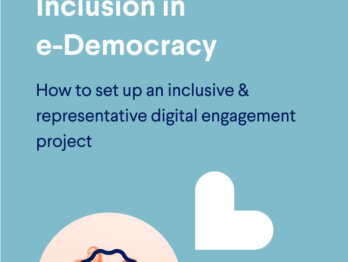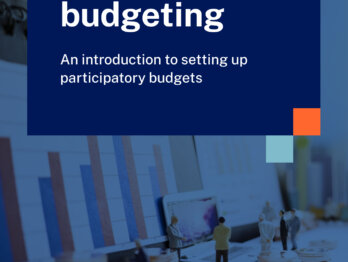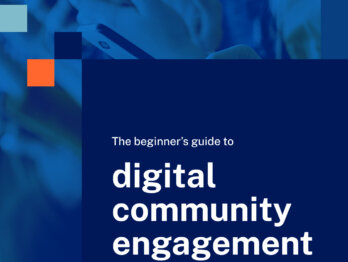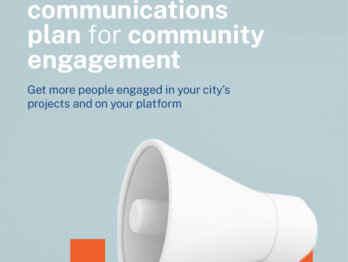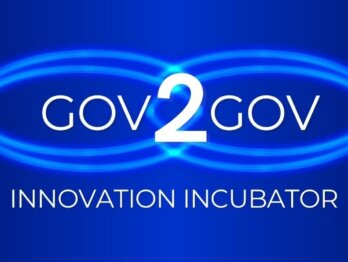
OECD Gov2Gov Innovation Incubator
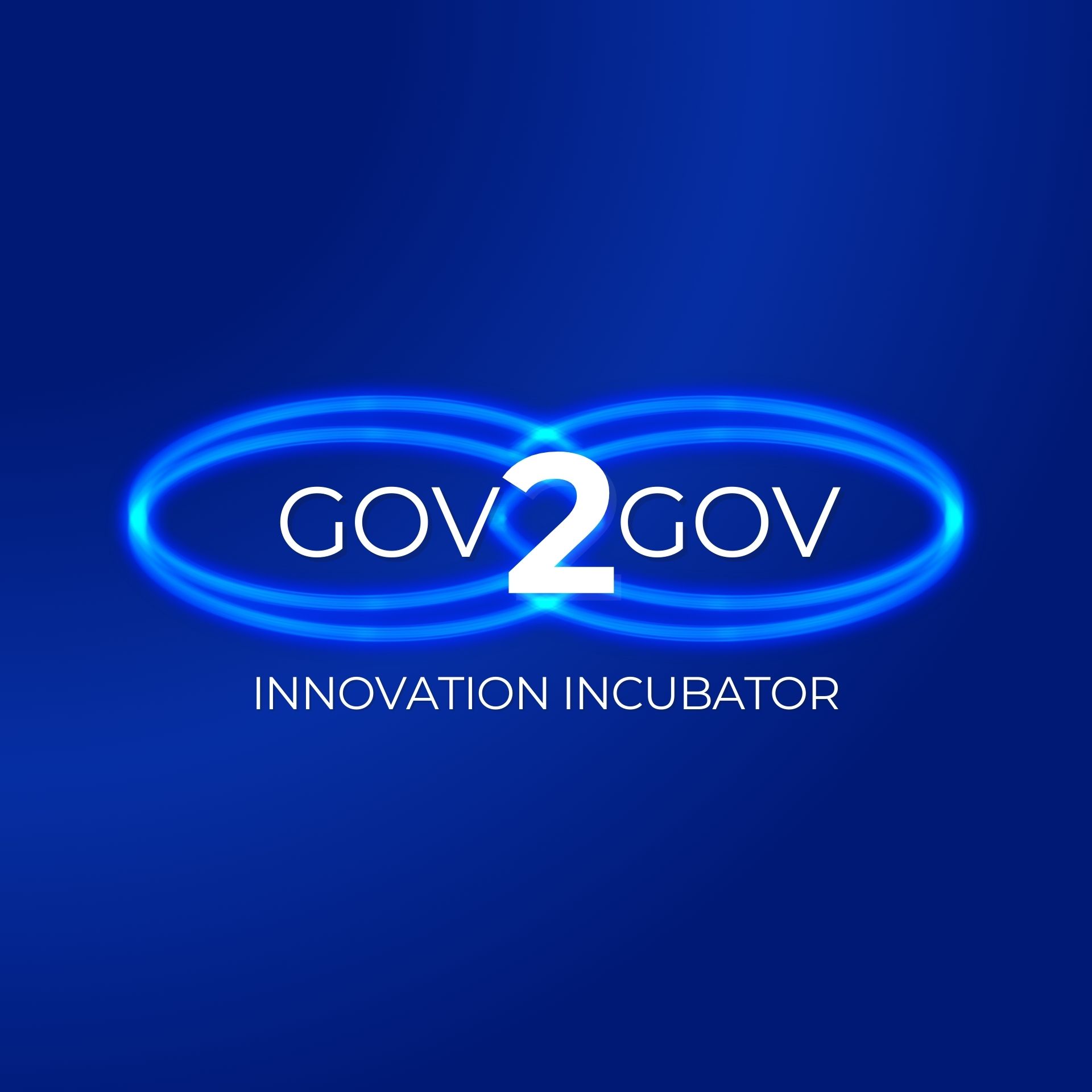
Experience has shown that public sector innovation challenges often transcend borders. By the same coin, many innovative solutions can be adapted and applied across different contexts. The OECD Gov2Gov Innovation Incubator brings teams together to foster global collaboration and drive collective progress.
About the OECD Gov2Gov Innovation Incubator
The OECD Government-to-Government (Gov2Gov) Innovation Incubator promotes cross-border collaboration among governments with similar innovation challenges. With the support of an Advisory Board and a team of OECD experts, the incubator facilitates collaborative and structured problem-solving exchanges, enabling participating teams to accelerate innovation insights and solutions.
Through our Call for Challenges and Call for Solution providers participating teams are identified to participate in the incubation venture.
The 2024 Call for Challenges attracted over 70 applications from 25 countries, showcasing a diverse array of innovative ideas from around the world. From these, four standout challenges and their teams—stemming from Brazil, France, Italy, and Spain—were chosen to participate in this edition of the Gov2Gov incubator.
The subsequent Call for Solution Providers identified eight innovative public sector teams, from Helsinki to New York, and London to Santiago, to serve as solution providers for the selected challenges. These teams were chosen for their proven experience in overcoming similar challenges and will bring valuable insights to the incubator.
Running from September 2024 to March 2025, this programme will support these teams in developing and scaling their solutions, contributing to public sector innovation on a global scale.
Challenge 1
Brazil is partnering with the United States and United Kingdom to explore how to promote broader and more equitable digital participation


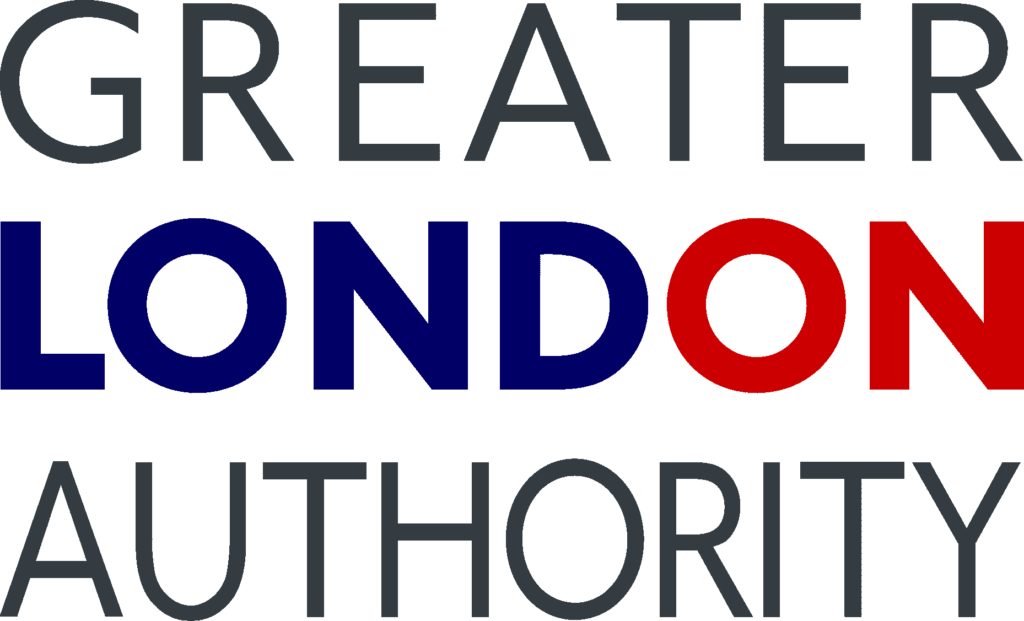

Brasil Participativo is the primary participation platform in Brazil, attracting over 1.5 million users. Despite its success, the project confronts the challenge of integrating historically marginalised groups and ensuring their meaningful inclusion in the co-design and governance of both Decidim and its application as a digital commons for e-participation in Brazil.
New York City’s Civic Engagement Commission (CEC) and the Greater London Authority, are up for the challenge!
Established in 2018, New York City’s CEC work to enhance civic participation, promote civic trust and strengthen democracy in NYC. Drawing on the experience gained from their flagship project, the People’s Money, a participatory budgeting process in NYC, the team hopes to provide valuable insights on how to meaningfully include citizens in participatory processes.
The Greater London Authority is responsible for Talk London, a platform that brings the voices of London into the City Hall in order to develop better policies and programmes. In 2021, the platform was reorganised to incorporate user-centred design principles aimed at reaching more diverse and representative membership. Incorporating a collaborative, data-driven, and user-centric approach into this program will support Brazil in addressing the challenge of fostering meaningful participation and engaging diverse and marginalized audiences.
France’s Green Data for Health (GD4H) is an online platform that collects user-contributed health and environmental data and makes it publicly accessible in order to better understand the impact of environmental factors on health. However, the initiative faces challenges in engaging public policy actors and the general public with limited data familiarity, while also fostering participation and demonstrating the value of data-driven, evidence-based approaches within the common data space.
The London Office of Technology and Innovation (LOTI) and Finland’s Data Room, are joining the effort!
London Office of Technology and Innovation (LOTI), situated within London local government, aims to address digital exclusion by ensuring access to devices, enhancing connectivity, and improving digital skills. Over the past three years, LOTI has mapped digital exclusion, enabling them to better understand user needs and prototyped solutions. To support France’s efforts, they intend to particularly draw on their experience from the Get Online London (GOL) initiative. Heralded as the UK’s first pan-city digital inclusion service, the project redesigned digital services and provided essential infrastructure and skills with the support of 800 voluntary and community sector organizations. LOTI’s experience in supporting digitally excluded individuals is expected to help the French team engaging less familiar actors in common data spaces.
Data Room, a unit in the VATT Institute of Economic Research, pioneers data and evidence-based policymaking. They draw upon existing data from the Finnish population to produce fast-paced, accurate analysis to support policy decision-making. Their flagship report on the effects of Russia’s invasion of Ukraine on Finnish companies showcased how data could be translated into key evidence-based policy recommendations. Data Room’s unique expertise in bringing policymakers closer to data will provide great value to the French team.
Challenge 2
France is partnering with Finland and the United Kingdom to explore effective strategies for engaging the general public, especially policymakers, in shared data spaces.
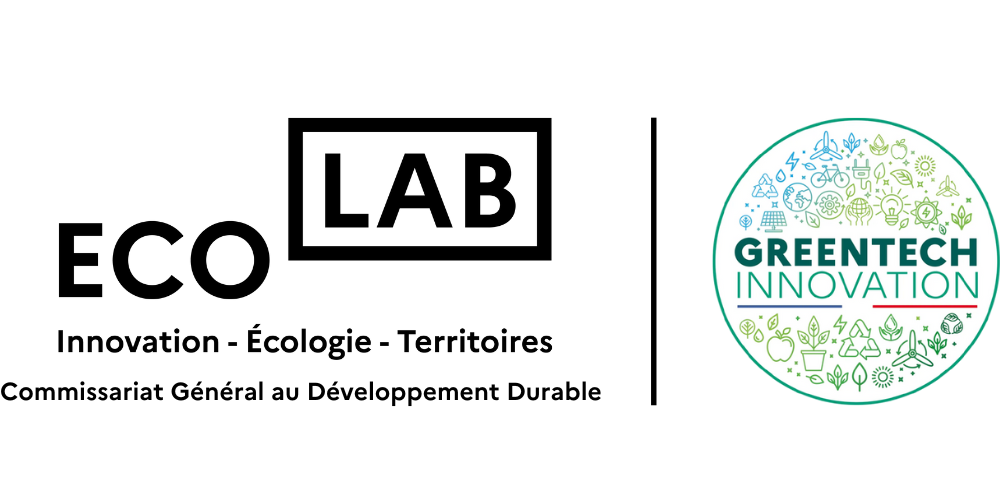

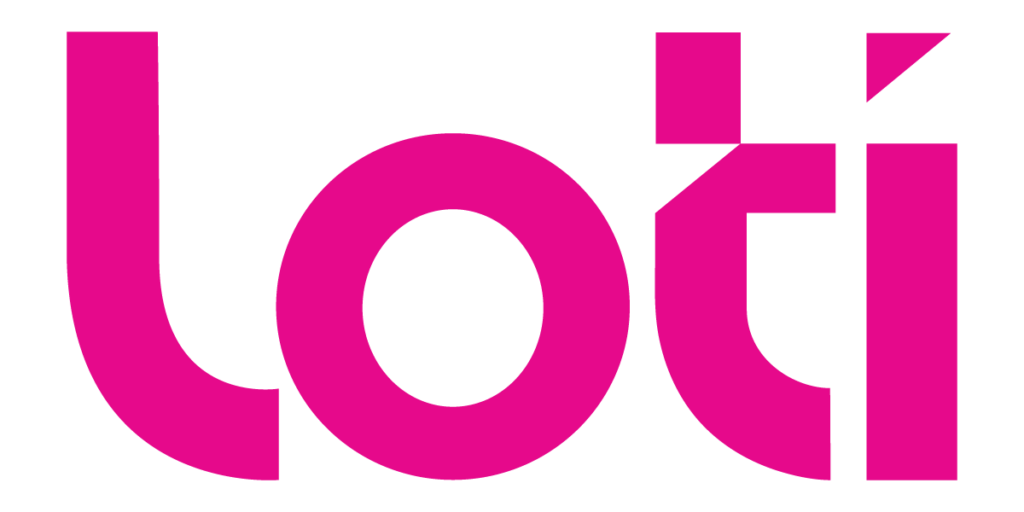

Challenge 3
Italy is partnering with the Netherlands and Norway to establish a collaborative, cross-departmental, and inclusive culture for AI project management.

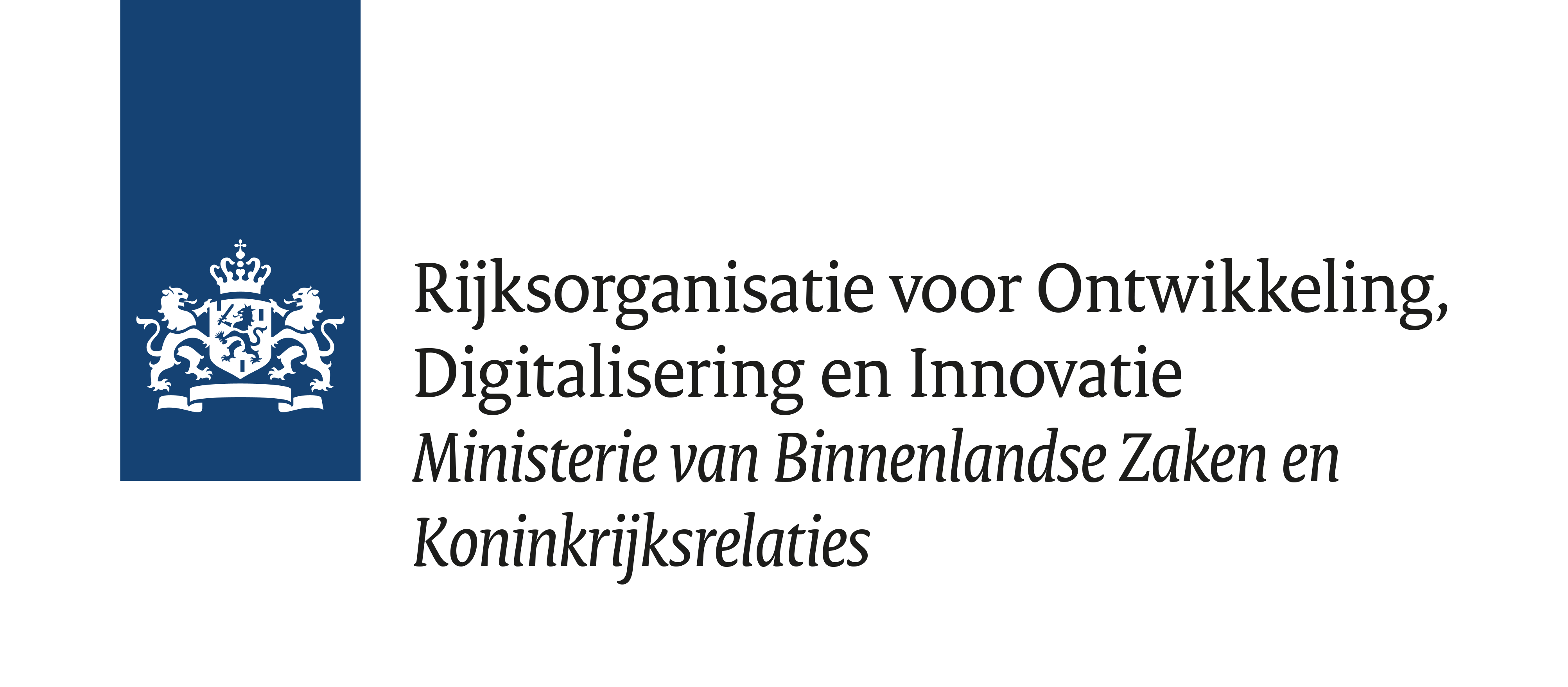
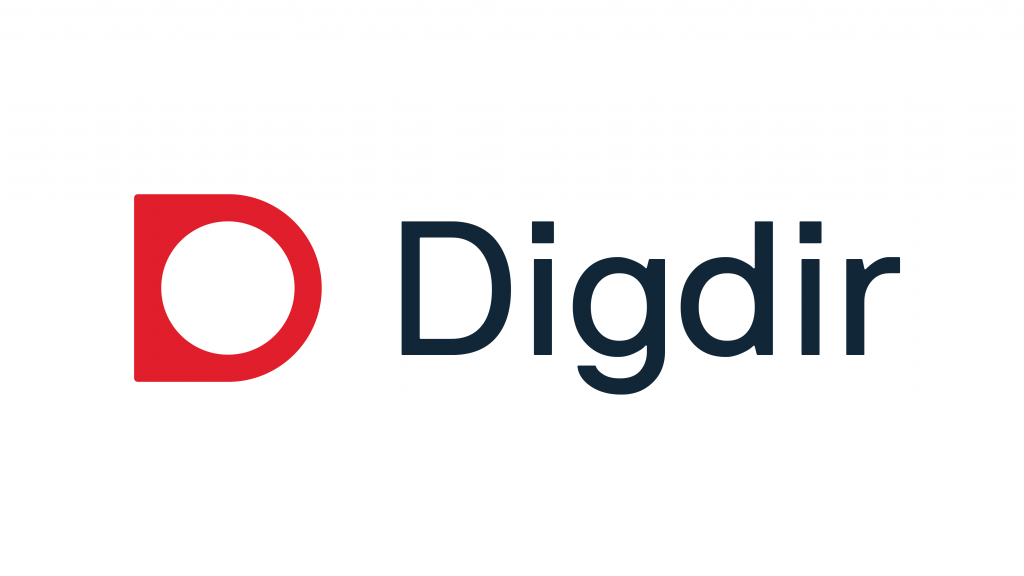

AI Competence Centers are essential for public administrations to strengthen their pool of skills for AI projects and drive innovation across departments. Italy’s Social Security and Welfare Administration (INPS) is seeking support to foster a culture of collaboration and engagement with AI project management in government, and to accelerate AI-driven innovation within public administration.
The Netherlands’ Rijks ICT Gilde and the Norwegian Digital Agency (Digdir) are stepping up to the challenge!
Rijks ICT Gilde is a government unit which provides in-house knowledge in the field of data, software and security across-government agencies and organisations. Their AI Validation Team is currently developing an Algorithm Management Toolkit on behalf of the Dutch Ministry of the Interior and Kingdom Relations, which helps organizations register algorithm systems with associated metadata in an internal algorithm register. Their solution includes checks to ensure that the algorithm system meets all required standards, so that managers are aware of potential risks. Rijks ICT Gilde has specialists in AI, data, platform, software, and security which are deployed across the Dutch government. Their central position in government enables them to promote a collaborative and cross-departmental culture for AI in the Netherlands. The collaborative nature of Rijks ICT Gilde can assist Italy in their efforts to foster an inter-departmental AI culture.
Digdir is leading the digitalisation of the Norwegian public sector. The agency promotes collaboration across the Government to ensure that digital projects are developed with broad input and align with national strategies. Digidir is actively involved in various AI-related projects to foster a responsible and ethical AI culture in the public sector. They provide guidance and innumerous resources on how to assess risks, foster transparency or manage generative AI in the public sector while managing a database which collects public sector AI projects. An example is the Nobareg project which explores issues at the intersection of digitalization and regulation in areas such as data management laws, privacy, and AI. Their experience in managing cross-agency culture of data management and emerging technologies can provide valuable insights towards Italy’s objective of fostering a more collaborative culture in AI.
Vulnerable individuals, such as the elderly and socially excluded, often find it difficult to access public services. Inaccessible information channels, complex processes, and lack of digital access are key barriers. In response, Spain’s Junta de Andalucía is seeking creative and experimental approaches to overcome accessibility barriers and drive a people-centered and inclusive digital transformation of public services.
Chile’s Laboratorio de Gobierno and Employment and Social Development Canada (ESDC) are up for the challenge!
Chile’s Laboratorio de Gobierno brings over nine years of experience across more than 60 innovation projects, with user experience as a cornerstone of its development process. Their robust methodology combines best practices from service design, experimentation and agility. To support Spain, they intend to draw on their experience in deploying The Electronic Family Pocket (BFE), a tool that helps send monthly financial support for food purchases to over 1.4 million vulnerable individuals within Chile, and aims to bring continuity in the face of price fluctuations.
Canada’s ESDC, including the Labour Program and Service Canada, work to improve the standard of living and quality of life for all Canadians by ensuring equitable access to essential social programmes. Over the years, ESDC has tested and implemented service innovations to reduce known access barriers – including language, physical accessibility, service availability, and geographical barriers – faced by marginalised and underserved Canadians. Through initiatives such as The Reaching All Canadians or The Marginalized and Underserved Populations, ESDC has restructured and redesigned services to reduce inequalities of access to services. These and other initiatives will serve as inspiration and models for Spain on its journey to improving access to public services for its most vulnerable populations.
Challenge 4
Spain is partnering with Chile and Canada to improve accessibility to public services for vulnerable communities and individuals at risk of exclusion
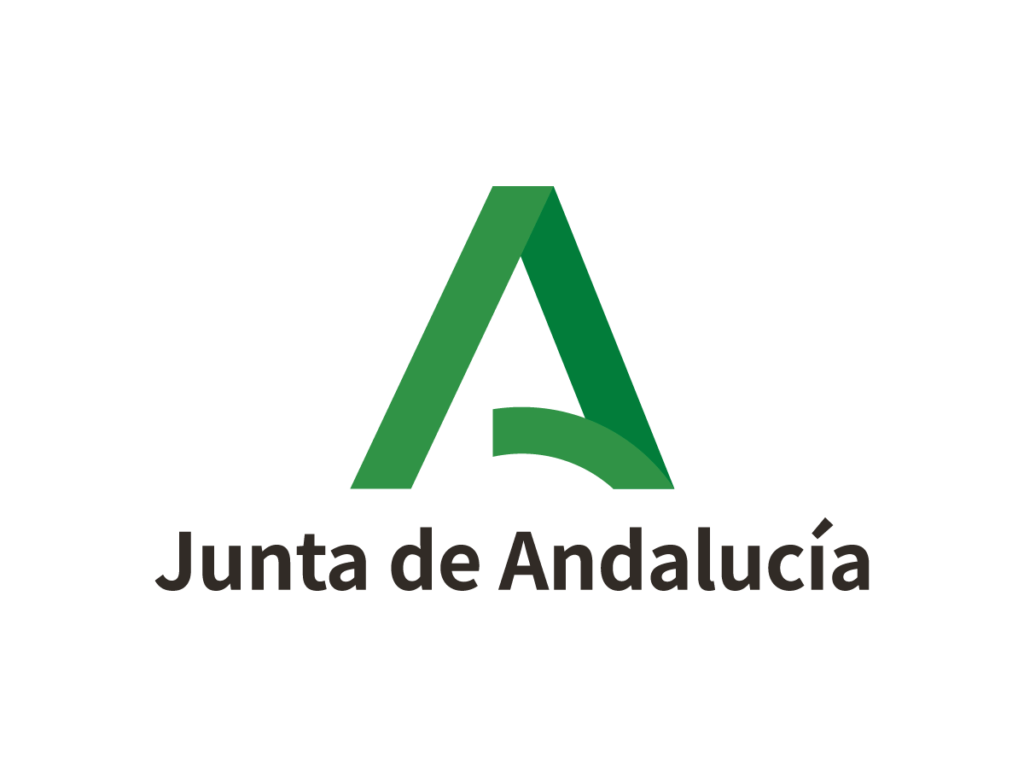



Cohort based learning track
To answer to the high demand for the programme, the OECD created the co-hort based learning track. Running in parallel to the Gov2Gov Innovation Incubator, 30 government teams participated in five thematic sessions. They equally were able to take advantage of structured collaboration and co-ordination activities in an effort to identify resources and opportunities and develop solutions.
The planned sessions were as follows:
- Session 1: How might we encourage open experimentation in the public sector? with Innovate UK from the United Kingdom, the Romanian Innovation Lab and the National Administration Institute from Portugal
- Session 2: How might we facilitate cultural transformation within organisations to cultivate a thriving environment for innovation? with FPS Policy and support (BOSA) in Belgium, the Caisse Marocaine des Retraites (CMR) from Morocco and Ministry of Economy, Republic of Armenia
- Session 3: How might we encourage citizen involvement in decision-making via innovative methods and platforms? with Greek Ministry of the Interior/Secretariat General of Public Administration, from the Peruvian Laboratorio de Gobierno y Transformación Digital, the Secretariat-General of the Government in Romania and ENAP – National School of Public Administration from Brazil
- Session 4: How might we improve policy decisions through better evidence-based policymaking? with the Federal Ombudsman Office in Brazil and the Technology Agency of the Czech Republic
- Session 5: How might we scale successful digital public services to reach more people and maximise impact? with Laboratorio de Gobierno y Transformación Digital from Perú and Western Australia Country Health Service from Australia
The Gov2Gov Advisory Board

Want to learn more? Get in touch at: [email protected]
This project is funded by the European Union’s Horizon Europe programme. For more information, click here.

